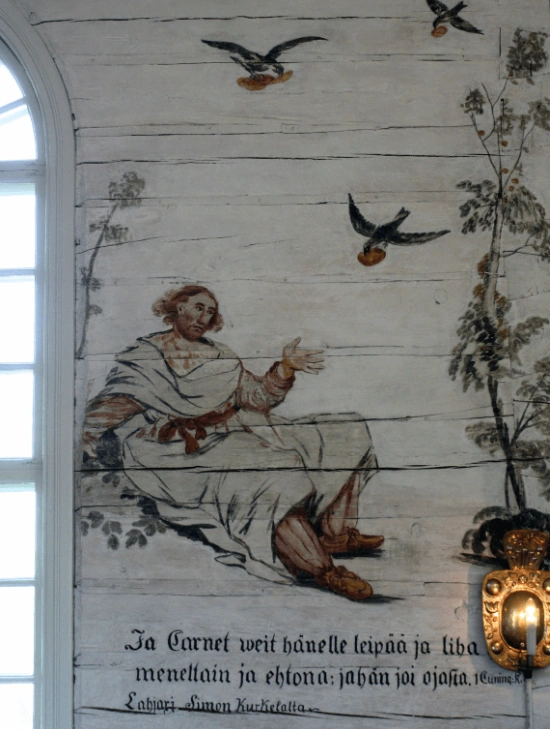6427. What these three 1
verses contain in the internal sense is evident from the explanations that have been given. But even so, they inevitably remain obscure unless one knows what the spiritual kingdom is like. This kingdom consists of those who, possessing the truth of faith, make this truth part of their life and thus convert it into good. When a person leads a life in accordance with the truth of faith it is made into good and is called the good of truth; yet essentially it is truth in action. The truth of faith in the Lord's spiritual Church is varying, for in one Church that is said to be the truth which in another is said not to be the truth, the doctrine taught by each Church being what leads to such variation. And in this way particular teachings come to be called truths. These truths are the ones that become linked to good and constitute good in the spiritual Church. Consequently the quality of its good comes to be that of its truth, for truths give good the quality it possesses.
[2] From this one may see that the good of the spiritual Church is impure and that as it is impure spiritual people cannot be admitted into heaven except by Divine means. The most important Divine means consisted in the Lord's coming into the world and making the Human within Himself Divine. By that means spiritual people have been saved; yet because with them good is impure they are inevitably under attack from evils and falsities and so are engaged in conflict. But the Lord sees to it that through those conflicts what is impure with them is gradually made purer; for the Lord fights for them. These considerations are what are meant by 'a daughter marches onto the wall' and by 'they exasperate him and shoot at him and hate him, do the archers; and he will sit in the strength of his bow, and the arms of his hands are made strong by the hands of the powerful Jacob; from there is the shepherd, the stone of Israel'.
[3] See what has been stated already about those who belong to the spiritual Church:
They live in obscurity so far as truth and the good resulting from truth are concerned, 2708, 2715, 2718, 2831, 2935, 2937, 3241, 3246, 3833, 6289.
Light is brought to that obscurity from the Lord's Divine Human, 2716. Before the Lord's Coming the spiritual kingdom was not the same as it was after His Coming, 6372.
The Lord came into the world to save those who are spiritual; and they are saved by means of the Lord's Divine Human, 2661, 2716, 2833, 2834, 3969. From these places it is also evident that 'the arms of his hands are made strong by the hands of the powerful Jacob; from there is the shepherd, the stone of Israel' means the power that the forces involved in fighting possess, received from the almighty power of the Lord's Divine Human, from which springs all the goodness and truth that the spiritual kingdom possesses, 6424-6426.
Footnotes:







